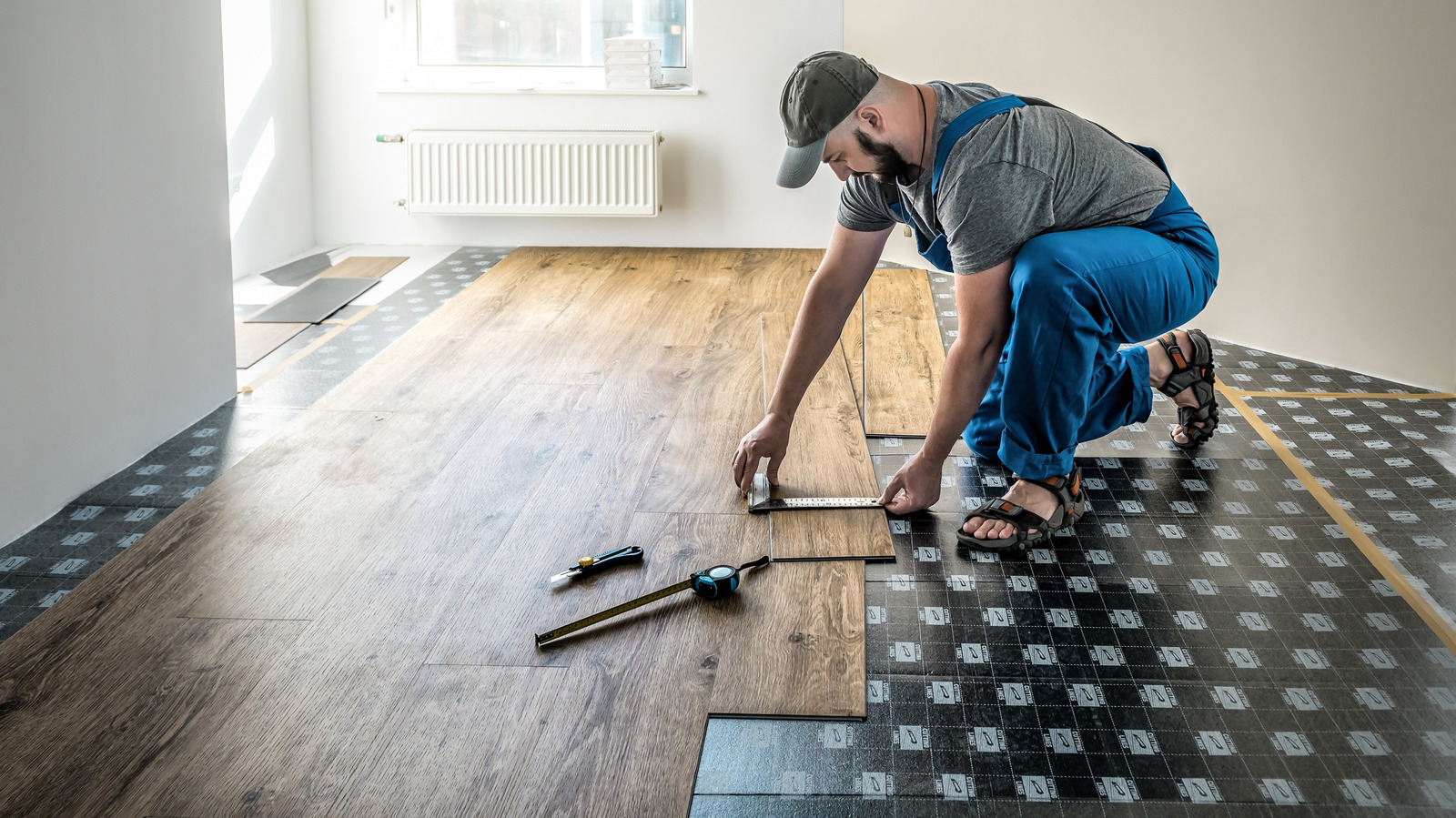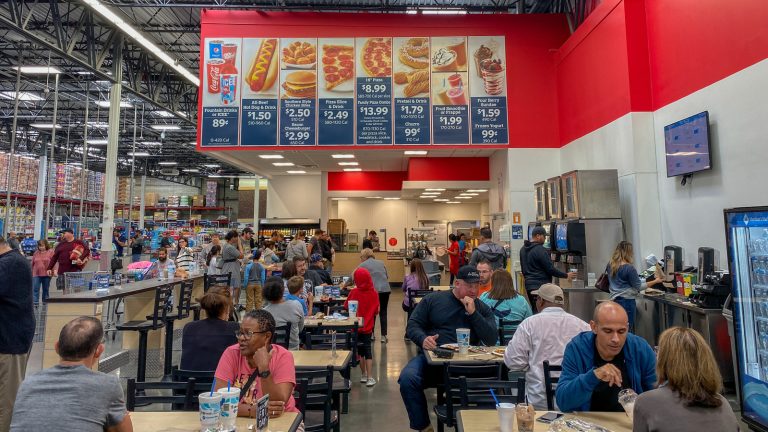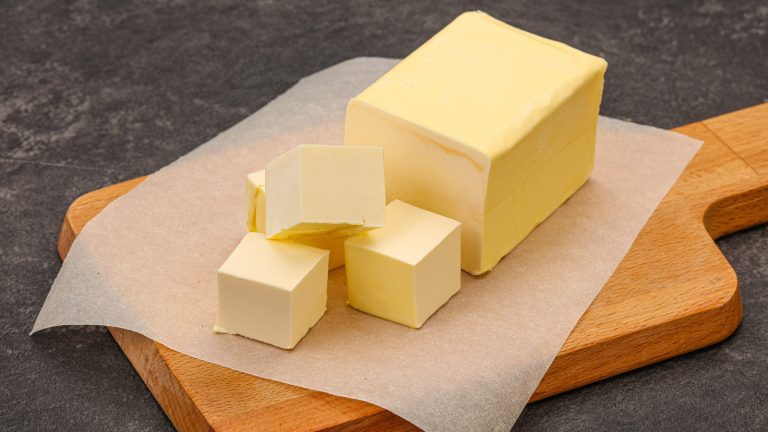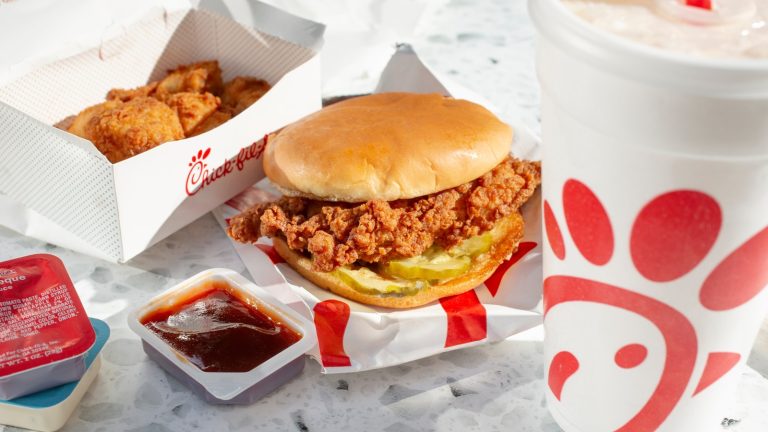Choosing new floors can be exciting — until you hit aisle overload. With so many brands, materials, and prices out there, it’s easy to get overwhelmed. That’s why some shoppers head straight to Costco flooring. It’s convenient, the prices seem good, and hey, it’s Costco. But is it actually the right place to buy your new floors?
This article cuts through the fluff and gives you the real scoop on what Costco does (and doesn’t) offer when it comes to flooring. We’ll break down the product range, dig into brand quality, and look at what’s included and what’s very much not. You’ll learn about return policies, installation options, and the little extras that might save you money if you know where to look.
Whether you’re planning to install it yourself or book a pro, and whether you’re all about value or need something a bit more high-end, this guide will help you figure out if Costco flooring is the right choice for your home.
Costco mostly sticks to vinyl and laminate
If you’re heading to Costco expecting a vast array of flooring options, you might be surprised. Costco’s flooring selection primarily revolves around luxury vinyl plank (LVP) and laminate. These choices are not random; they’re strategic. LVP and laminate are known for their durability, water resistance, and ease of installation, making them practical options for many homeowners.
The focus on these materials aligns with Costco’s approach to offering cost-effective and straightforward solutions. LVP and laminate can handle the wear and tear of daily life, and their installation is often DIY-friendly, saving on labor costs. This makes them appealing to a broad audience looking for functional and budget-friendly flooring.
However, this streamlined selection means that if you’re in the market for solid hardwood, ceramic tile, or carpet, Costco might not meet your needs. While LVP and laminate can mimic the appearance of natural materials, they may not provide the same aesthetic appeal or longevity. For those seeking premium or specialized flooring solutions, exploring different flooring retailers might be more appropriate.
In summary, if affordability and practicality are your top priorities, Costco’s selection of LVP and laminate flooring could be a suitable choice. But if you’re aiming for a broader range of materials or specific design aesthetics, you may need to look beyond the warehouse aisles.
There are fewer options but better quality control
Costco’s flooring aisle isn’t a sprawling maze of endless choices. Instead, it’s a curated selection focusing on quality over quantity. This streamlined approach means you’re less likely to encounter subpar materials and more likely to find reliable, well-reviewed options. Costco Next partners with reputable brands like Mohawk and Harmonics, ensuring that the products on offer meet certain quality standards. These brands are known for producing laminate flooring that not only looks good but also stands up to the daily wear and tear of busy households. So while the selection might not be vast, it simplifies the decision-making process. For many homeowners, especially those who can feel overwhelmed by too many choices, this can be a relief. You can trust that the options available have been vetted for quality and performance.
However, this focused inventory does have its drawbacks. If you’re searching for niche or specialized flooring types or a very specific aesthetic to match your home decor, you might find Costco’s offerings a bit limited. In such cases, exploring specialized flooring retailers could provide a broader range of styles and materials to choose from.
In essence, Costco’s emphasis on quality over quantity can be advantageous for many shoppers. If you’re seeking dependable, well-reviewed flooring options without the hassle of sifting through an extensive inventory, Costco’s selection might be just what you need.
Not all brands are built the same
Costco’s flooring selection might be curated, but that doesn’t mean all brands are created equal. While Mohawk Home is often praised for its durability, Golden Arowana has received mixed reviews, with some customers reporting issues with its overall quality. And even within reputable brands, different product lines can vary in performance. It’s essential to research individual products, considering factors like material composition, wear layers, and warranty coverage.
For instance, while Golden Arowana has a thicker wear layer, some tests suggest it may not offer superior scratch resistance compared to Mohawk Home. Installation systems also differ. Mohawk Home uses the Uniclic joint system, known for its secure fit, especially on uneven floors. Golden Arowana employs a tap-and-lock system, which is easier to install but may be less forgiving on imperfect subfloors.
Before making a purchase, consult customer reviews and independent evaluations. Pay attention to details like the product’s origin, as manufacturing standards can impact quality. For example, Mohawk Home is manufactured in the U.S., adhering to strict quality standards, whereas standards may vary elsewhere. In summary, while Costco offers quality flooring options, due diligence is crucial. Thoroughly assess each product’s specifications and suitability for your specific needs to ensure satisfaction with your purchase.
Costco is competitive but not always the cheapest
Costco is known for value, and when it comes to flooring, that reputation mostly holds up. Its prices are often lower than at specialty stores, especially when you’re buying in bulk. For big projects like a kitchen or whole-home renovation, those savings can quickly add up. Combine that with the warehouse-style packaging and simple selection, and you’re looking at a pretty straightforward deal.
But here’s the thing: It’s not always the cheapest option. Other retailers like Home Depot or large online stores can sometimes edge Costco out, especially when sales roll around. If you time it right, you might snag a better deal elsewhere on the exact same brand or a comparable alternative. And while Costco doesn’t always promote flooring sales heavily, competitors often do flash discounts or clearance events that bring prices way down.
That said, price isn’t the only factor. Costco’s generous return policy gives you serious peace of mind, as you can return most flooring without the usual stress. Add in its reliable warranty support and easy customer service, and that higher price tag starts to feel a lot more reasonable. In the end, it’s worth doing a bit of homework to make sure you’re not falling for any of the red flags of shopping at Costco. Check reviews, compare prices, and factor in things like returns and support. Costco’s a strong contender — just not always the undisputed champ on price.
The return policy is famously generous
Costco’s return policy is the stuff of retail legend, and it extends to flooring, too. Unlike most stores that give you 30 or maybe 90 days, Costco lets you bring back most of your purchases whenever you’re ready. That kind of flexibility is rare, especially when you’re dealing with big, bulky home improvement materials.
For flooring shoppers, this is a game-changer. Most people over-order just to be safe, whether it’s to account for cuts, mistakes, or an awkward layout. With Costco, you can confidently grab that extra box (or three) without stressing about being stuck with leftovers. If you don’t open them, you can return them. Even months later.
This also takes the pressure off DIYers. Measuring isn’t always exact. Maybe you planned for 300 square feet but only used 250. Instead of piling the excess in your garage, you can just take it back.
That said, there are a few things to keep in mind. While there’s no strict time limit, the flooring does need to be in good condition — unopened and unused is the safest bet. All in all, it’s a seriously customer-friendly policy and one of the hacks that will change the way you shop at Costco. Just plan smart, don’t rip open every box until you’re sure, and Costco has got your back if you need to make a return.
Don’t assume installation is included
Buying flooring from Costco? Great. But don’t expect someone to show up and lay it down for you. When you buy in-store or online, you’re paying for the product, not the labor. And that catches a lot of people off guard.
It’s easy to assume that a big-name retailer like Costco offers bundled services, especially for a large purchase like flooring. But unless you’ve gone through their dedicated Shaw program (which is handled separately), installation isn’t part of the deal. That means no in-store scheduling, no measuring service, and definitely no one arriving with knee pads and a toolkit unless you organize it yourself.
For DIYers, this might be a bonus. You get quality materials at a decent price and can roll up your sleeves. But if you’re not the type to handle power tools or measure twice, you’ll need to factor in the cost and time of hiring a pro. That includes getting quotes, working around someone else’s schedule, and possibly buying extra underlayment, tools, or trim pieces.
The key is planning ahead. Before you get excited and click “add to cart,” make sure you’ve looked into local installers or reached out to Costco’s Shaw program (which we’ll talk about next). Flooring isn’t just about planks; it’s about everything that gets them onto the floor properly.
You can book a pro through Costco’s Shaw program
If rolling out your own floors sounds like a recipe for stress, Costco has a built-in solution: its Shaw Floors installation program. This service is designed for members who’d rather leave the heavy lifting — and measuring, cutting, and gluing — to the professionals.
Here’s how it works: You start by requesting an in-home consultation through Costco’s site. A local flooring expert, vetted and backed by Shaw, will come out, take measurements, and walk you through your options. From there, they’ll help you choose the right flooring from a curated Shaw range and provide a full quote that includes both materials and installation.
What’s especially nice? Costco members get a 10% Costco Shop Card based on the total cost of the project. It’s a solid perk that helps take the sting out of a big home improvement spend. Plus, you’re not dealing with random contractors; you’re working with certified professionals who know the products inside-out and can help avoid rookie mistakes. Of course, professional installation costs more than the DIY route, but for many, the peace of mind is worth it. If you’re not sure what you’re doing with a jigsaw or spacers, it might be time to call in the pros and let Shaw take it from there.
Waterproof doesn’t mean flood-proof
“Waterproof” is one of those words that sounds reassuring until you’re dealing with an actual leak. Most of Costco’s vinyl and laminate flooring options are marketed as water-resistant or waterproof, and for day-to-day life, they absolutely are. A spilled roasted strawberry and basil lemonade, a wet dog, or a mop gone rogue? No problem.
But flood-proof? That’s a different story. What many people don’t realize is that these floors are designed to handle surface moisture, not standing water. If you leave a puddle sitting for too long or have a hidden leak under the boards, problems can creep in fast. The edges can start to swell, the planks can warp, and if moisture seeps into the underlayment, you might be looking at mold or mildew.
The key here is prompt cleanup and smart prep. Clean up spills as soon as they happen. Use mats or rugs near sinks, dishwashers, and laundry machines. And if you’re installing in a basement or moisture-prone area, don’t skip the underlayment with a moisture barrier — it makes a difference.
Ultimately, waterproof flooring gives you peace of mind for normal use, but it’s not invincible. If your home is prone to leaks or damp conditions, it’s worth weighing additional protection or exploring other flooring types that can handle heavier moisture exposure.
Store staff won’t guide you through your project
Costco employees are known for being friendly, fast, and helpful, but they’re not flooring experts. If you’re hoping to walk into the warehouse and get advice on how many square feet of vinyl you’ll need or what kind of underlayment is best for concrete, you’re going to walk out disappointed. Unlike specialty flooring shops or big-box stores like Home Depot, Costco staff doesn’t receive in-depth training on the ins and outs of renovation projects. Their role is to keep things moving, not to walk customers through material choices, moisture prep, or subfloor compatibility. That’s just not how the warehouse model is built.
This means the legwork is on you. Before shopping, make sure you’ve measured your space (twice), calculated how much waste to account for, and figured out which accessories or tools you’ll need. Knowing whether your room needs transition strips, moisture barriers, or leveling compounds will help you avoid mid-project surprises.
While Costco’s website includes helpful specs and brochures, it won’t replace talking to someone who knows flooring inside and out. If you’ve got questions, consider contacting the manufacturer or chatting with a local installer. Costco keeps things simple and budget-friendly, but if you want tailored advice, you’ll need to bring your own game plan.
Keep an eye out for flooring deals and extras
Costco’s regular prices are already solid, but if you’re savvy, there’s even more value to squeeze out of a flooring purchase. The trick? Keep your eyes peeled for limited-time promos and member-only perks that can quietly knock a chunk off your total bill. Every so often, Costco runs temporary markdowns on select flooring styles. These might be online-only or tucked away in-warehouse, so it’s worth checking both. Sometimes, you’ll spot bundles that include underlayment or trim, which can save time and money during installation. These deals aren’t always shouted about, so being proactive pays off.
One of the best offers comes through Costco’s Shaw installation program. When you go through their in-home consult and pro-install route, you get a 10% Costco Shop Card based on your total project cost. That’s not small change, especially on large installations. Just note that it’s applied after the work is done.
If you’re an Executive Member, you’re stacking even more. It’s one of the many things to know before buying a Costco membership. That 2% annual reward adds up fast when you’re spending hundreds (or thousands) on flooring. It’s an easy way to tip the value in Costco’s favor without lifting a finger.
Bottom line? Don’t just look at the sticker price. Take advantage of what’s quietly on offer. Sign up for Costco’s emails, keep tabs on the site, and time your purchase right. The savings are there if you know where to look.





